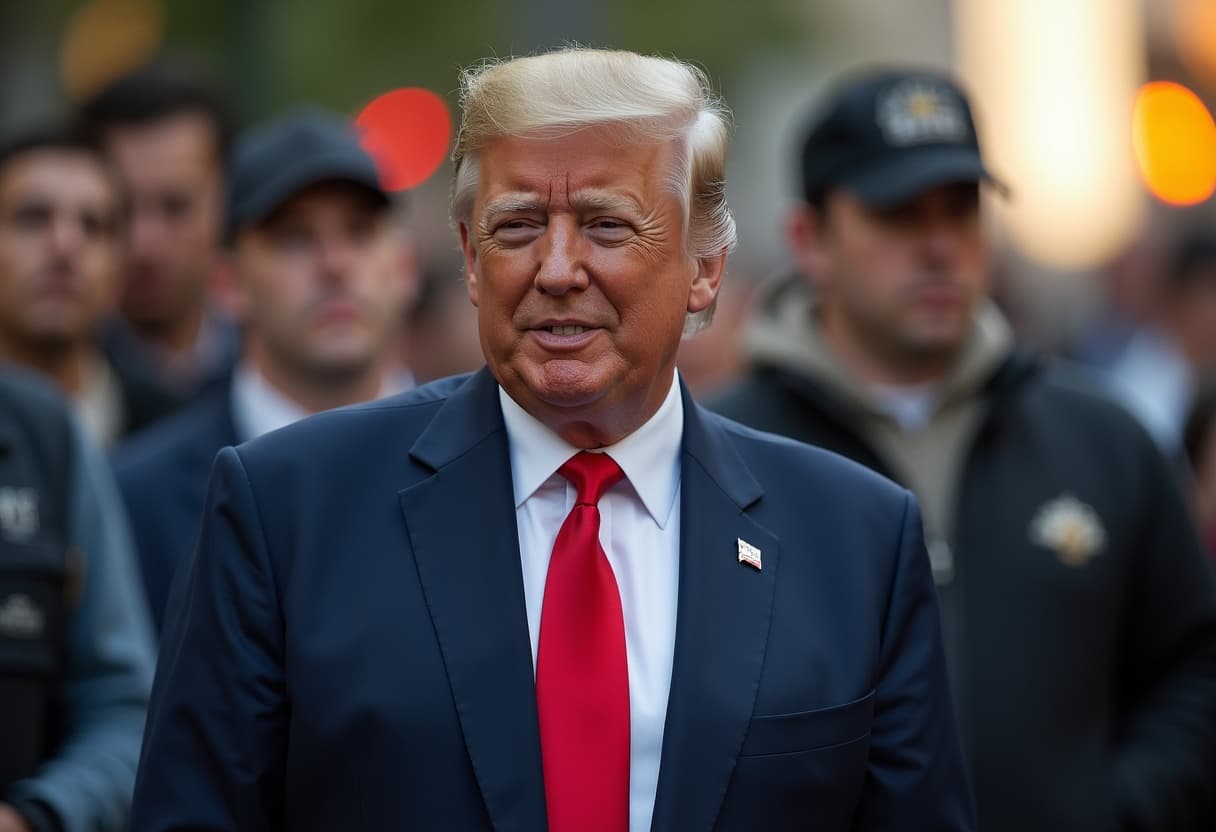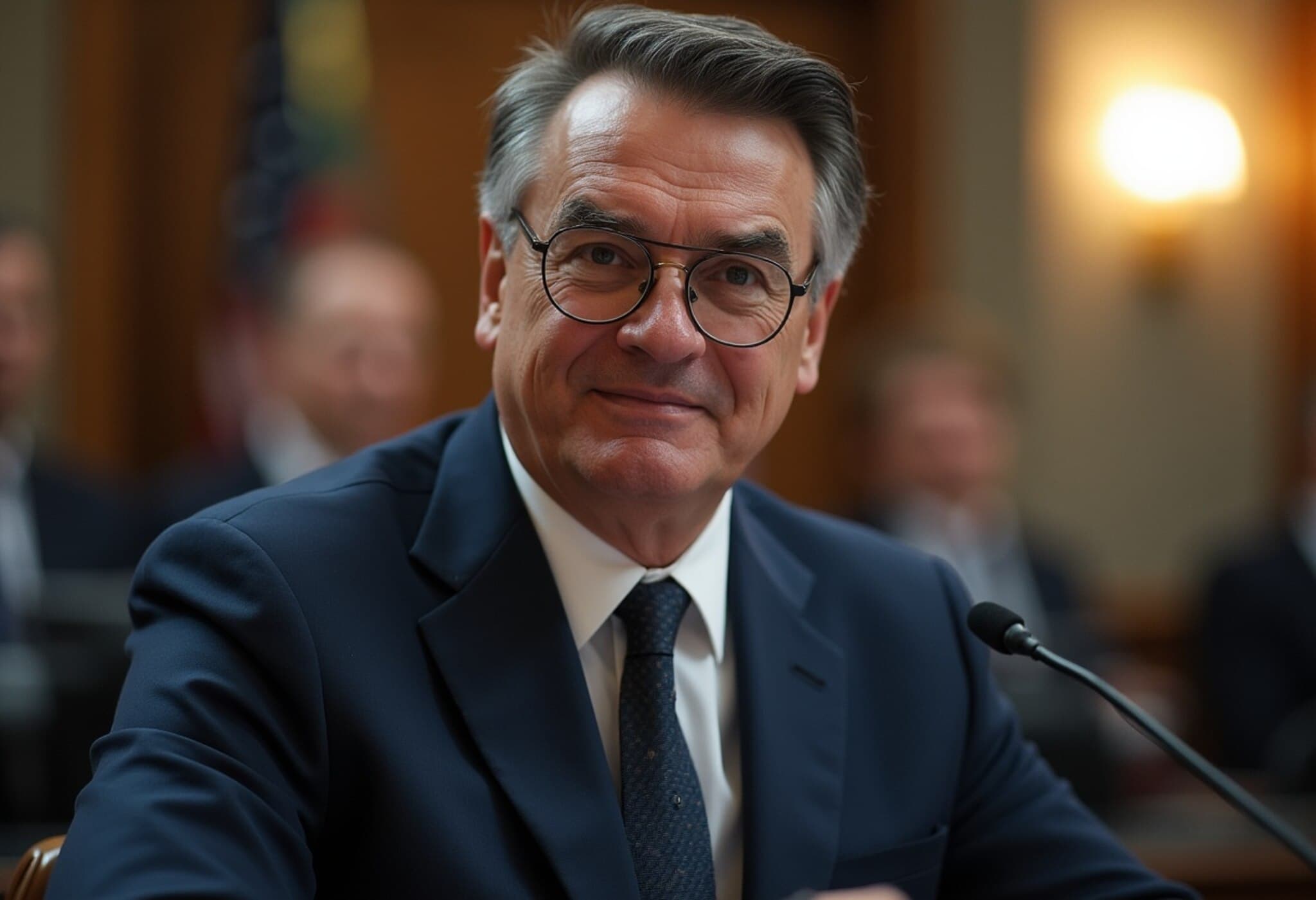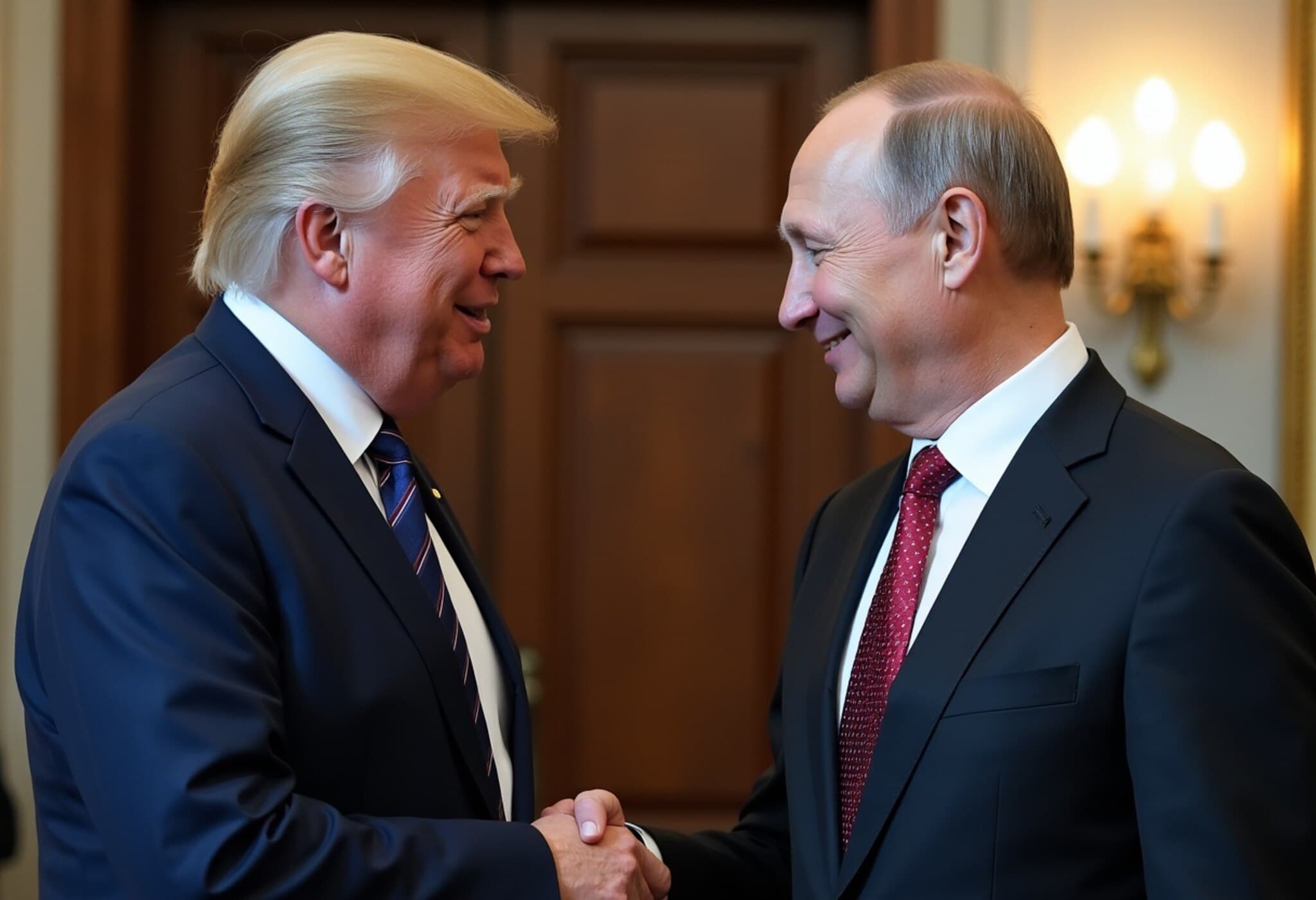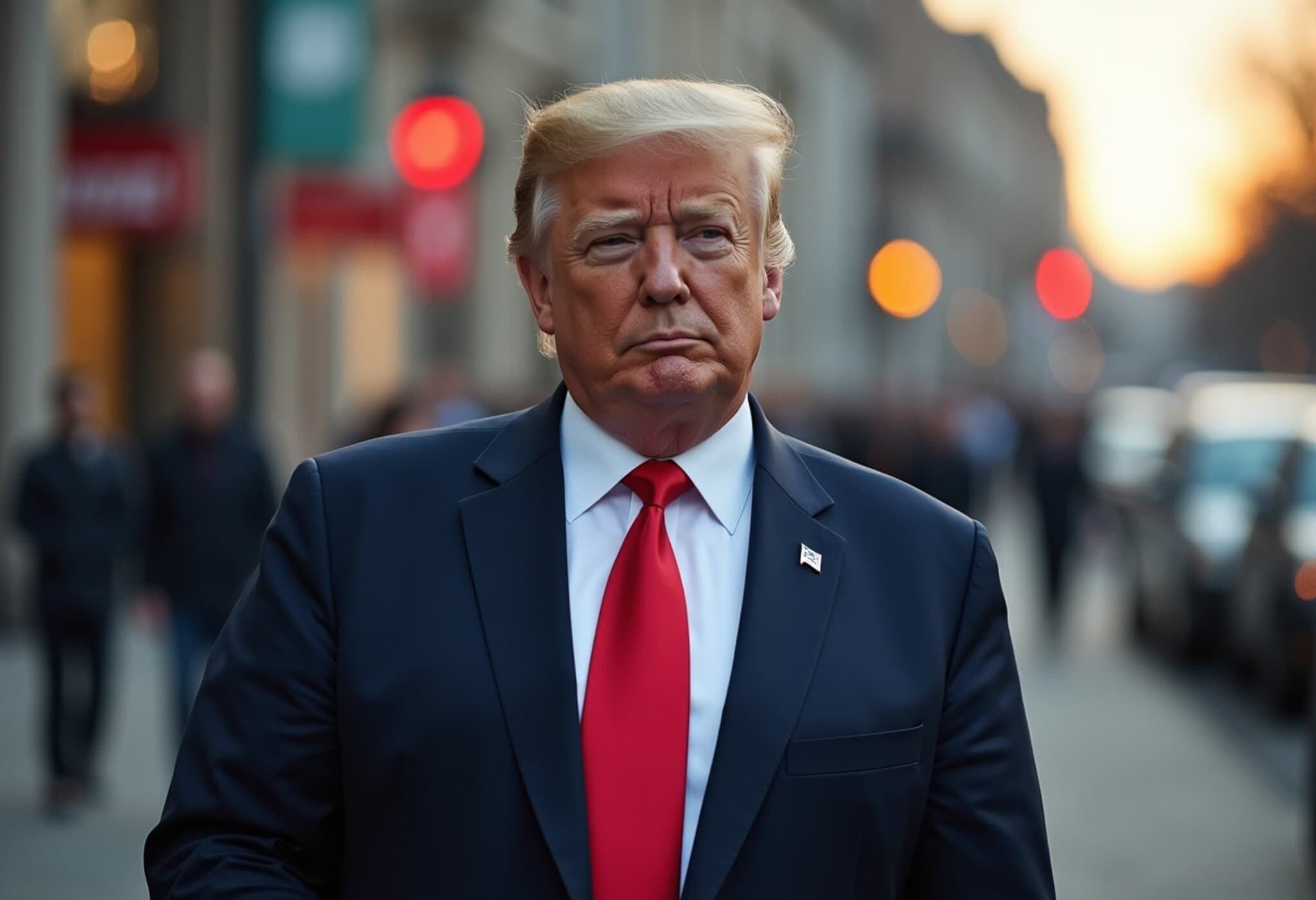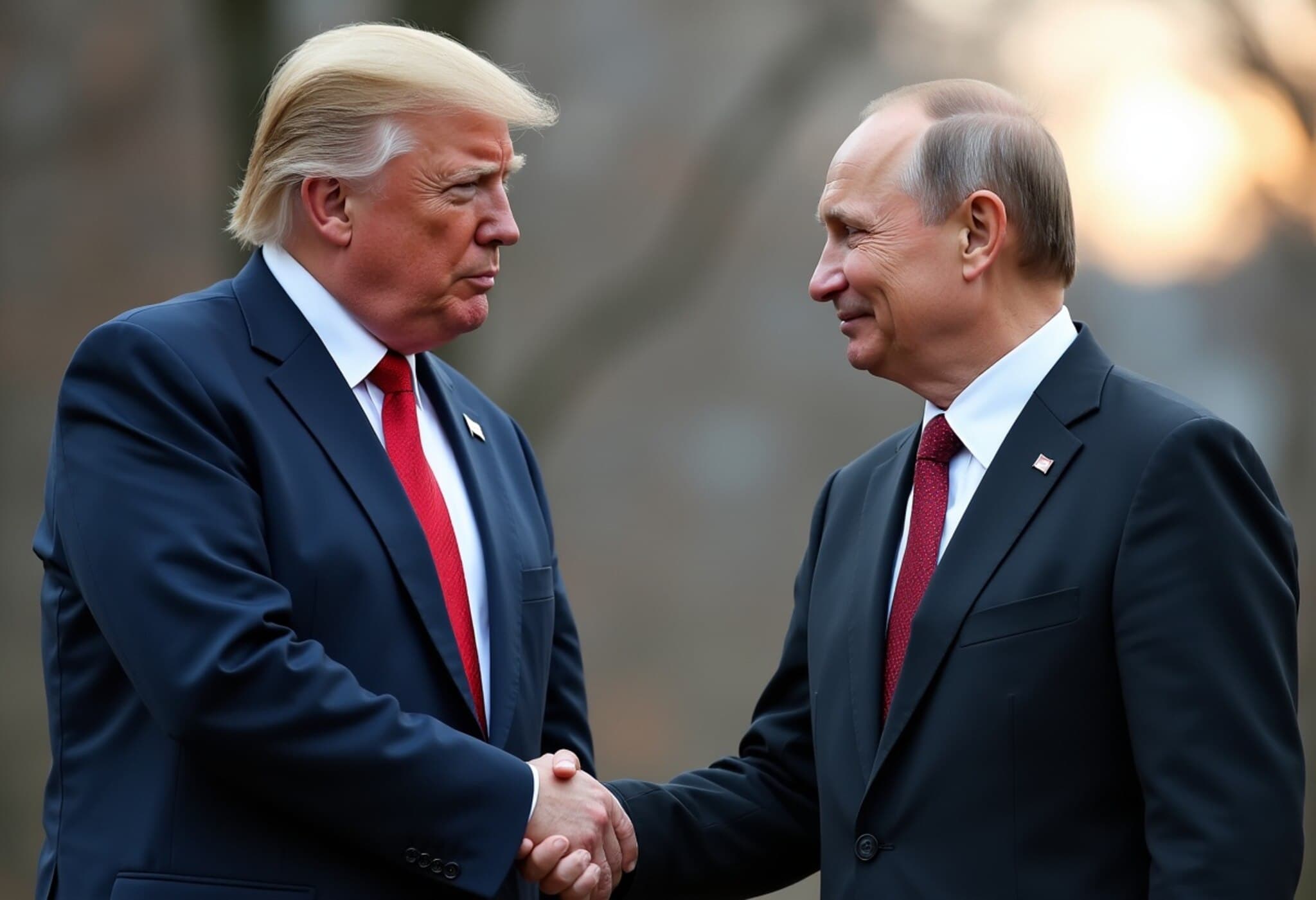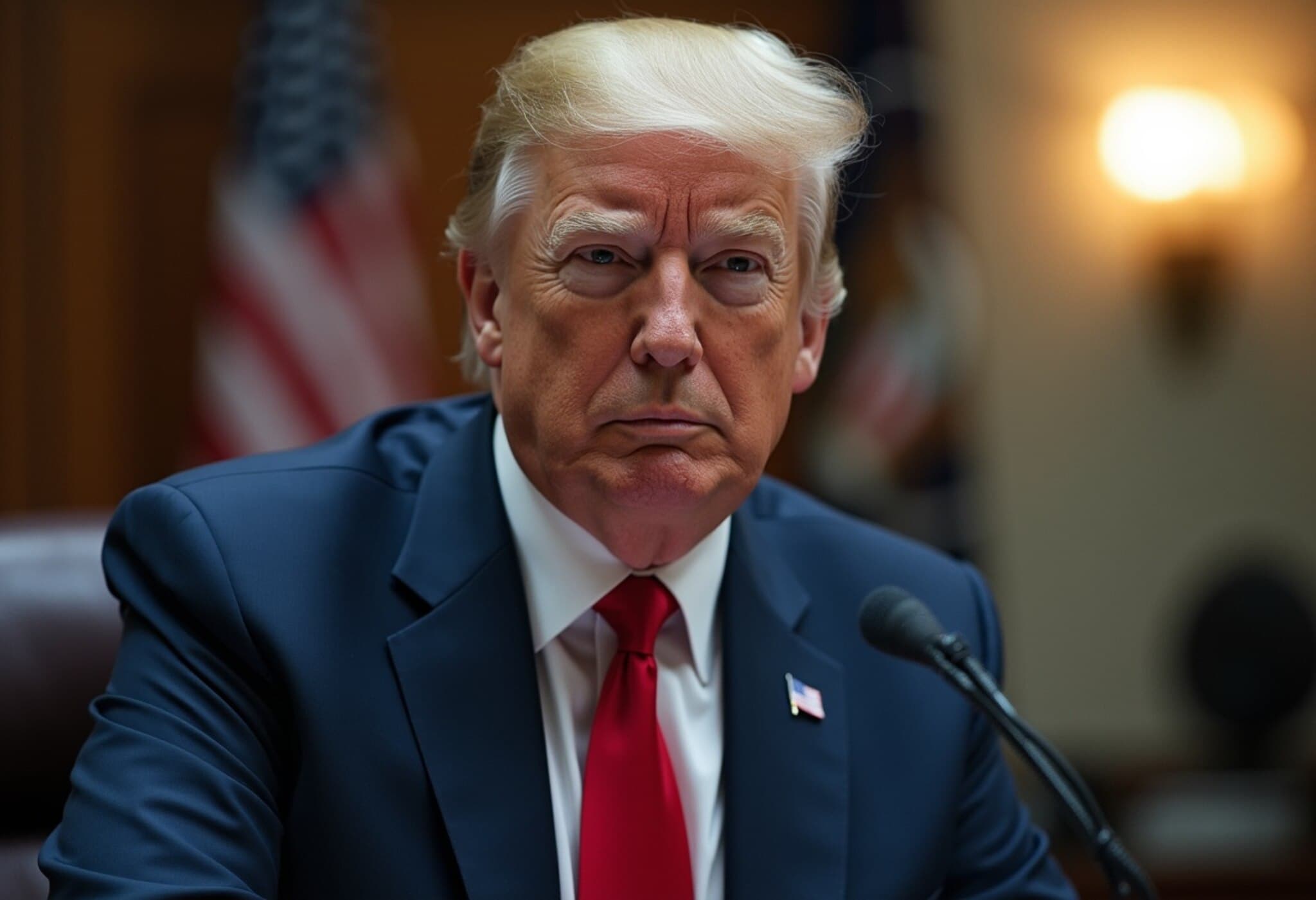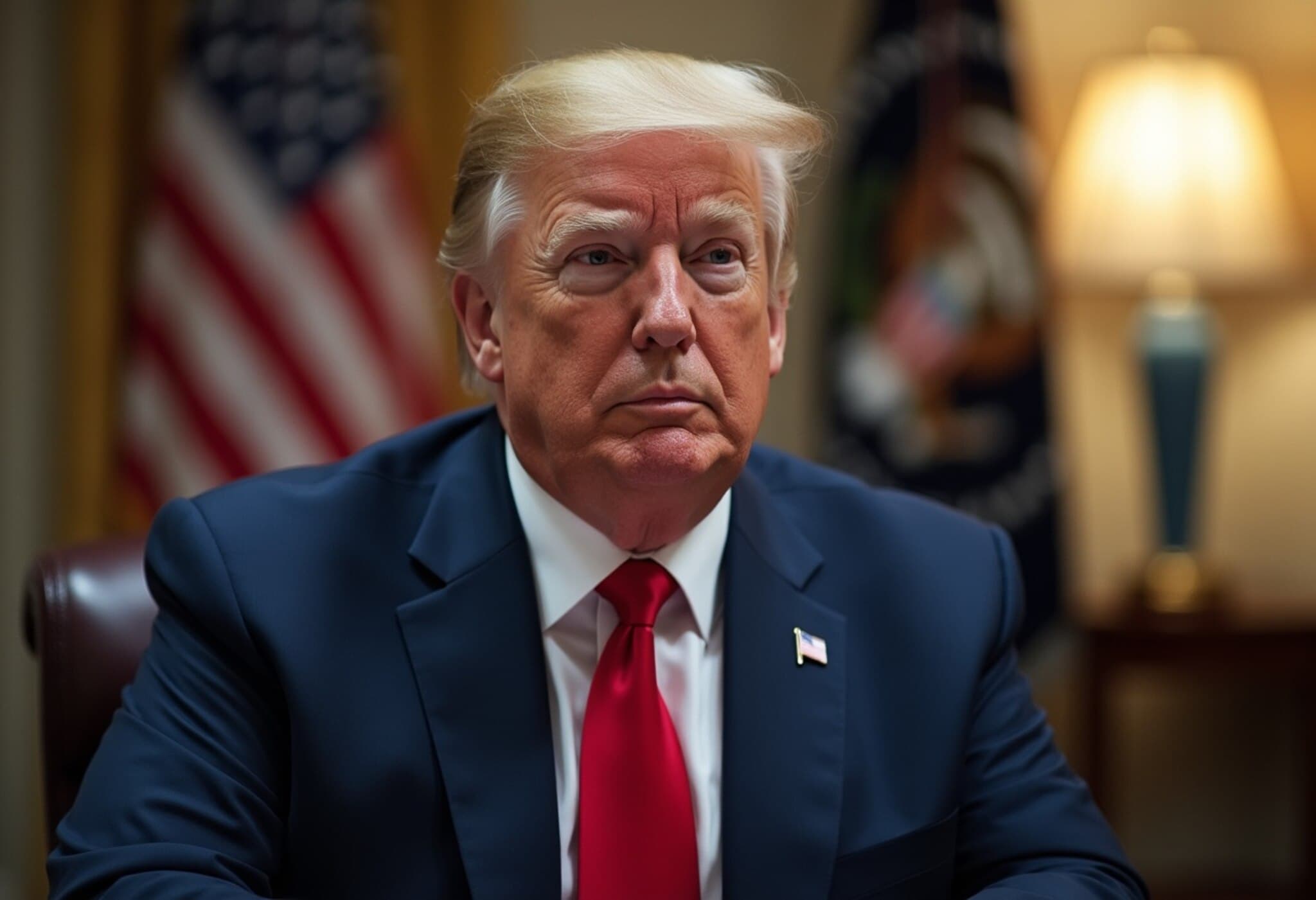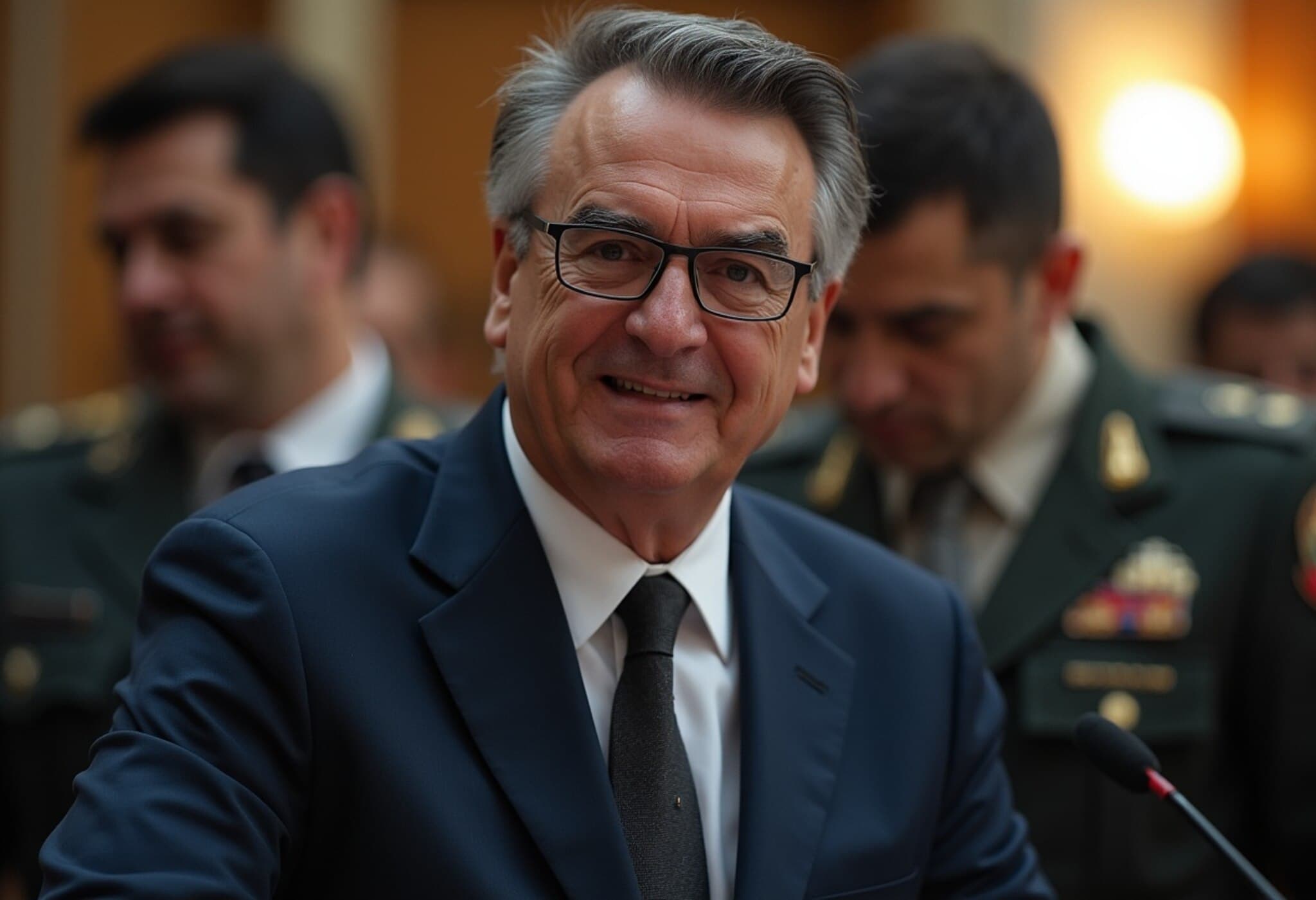Trump’s Generous Bailout to Argentina Turns Complicated
When Argentine President Javier Milei found himself grappling with a spiraling economic crisis, former U.S. President Donald Trump stepped forward with a substantial lifeline — a $20 billion bailout. Yet what initially seemed like a show of solidarity quickly morphed into a source of political and economic turmoil for Argentina.
Conditional Aid Stirs Controversy and Market Panic
During Milei’s recent White House visit, Trump declared the U.S. support hinged on Milei’s party securing victory in the impending legislative elections. “If he doesn’t win, we’re gone,” Trump emphasized, linking American assistance directly to Argentina’s electoral outcomes. Such overt tying of financial aid to a democratic process alarmed Argentines and raised questions about foreign interference.
In the days following Trump's remarks, Argentina’s peso plummeted as investors rushed to sell off currency amid fears of political instability. Opponents of Milei’s libertarian administration lambasted the U.S. for what they perceived as coercion, urging voters to reject Milei at the polls. Milei’s government, in turn, scrambled to calm public fears, assuring citizens that American support would not evaporate based on election results alone.
Economic Realities and Political Risks
Argentina has long battled chronic inflation and debt woes. Milei, who came to power in 2023 pledging sweeping economic reforms, has found it challenging to kickstart growth despite some progress in curbing inflation and budget deficits. His efforts have been complicated by congressional resistance and corruption scandals involving his close associates, leading to shaken public confidence.
The timing of Trump’s bailout followed a sharp defeat for Milei’s party in recent provincial elections, exacerbating investor anxiety about Argentina’s fiscal stability. The unusual involvement of the U.S. Treasury—stepping in to purchase Argentine pesos—was intended to shore up confidence in Milei’s reform agenda and preserve regional stability.
Expert Analysis: A Double-Edged Sword
Benjamin Gedan, director of the Latin America Program at the Stimson Center, remarked, “Trump might have sabotaged his favorite president — by both giving him too much support and too little support.” The bailout’s conditions sowed uncertainty domestically and internationally.
Political consultant Lucas Romero noted, “What could have been interpreted as help, the way Trump phrased it ended up sounding more like extortion.” Furthermore, a poll indicated that over 60% of Argentines hold a negative view of Trump, underscoring the political risk of the U.S. leader’s involvement.
Broader Implications for U.S.–Latin America Relations
Trump’s intervention echoes previous episodes where U.S. policies sought to influence Latin American politics, sometimes backfiring. For instance, his support for former Brazilian President Jair Bolsonaro through tariffs and sanctions failed to prevent Bolsonaro’s political downfall amid corruption and coup allegations.
Similar ‘anti-Trump’ political currents have emerged in Canada, Australia, and beyond, where candidates opposing Trump have gained voter support, revealing the complex legacies of such interventions.
Domestic U.S. Fallout and Agricultural Concerns
Back home, Trump’s push to aid Argentina sparked criticism from Democrats, who questioned the timing amid a U.S. government shutdown. American farmers also voiced concerns that China’s increased soybean purchases from Argentina—a consequence of these economic shifts—hurt U.S. agricultural exports.
While the U.S. has occasionally extended aid to key trade partners to contain economic shocks, Argentina is not among its top trade allies, making the bailout a politically sensitive move.
The Road Ahead: Milei’s Political and Economic Gamble
With legislative elections looming on October 26, Milei faces a daunting challenge: to convince Argentines that his economic policies merit continued support, while simultaneously persuading the U.S. administration to maintain its financial backing irrespective of electoral results.
The stakes are high. The success or failure of this bailout and Milei’s reform blueprint could reshape Argentina’s economic trajectory and test the limits of U.S. influence in Latin America.
Editor’s Note
This episode underscores the delicate dance between economic aid and political sovereignty. Trump's public linking of financial support to election outcomes raises significant questions about foreign interference in democratic processes. It also highlights the risks smaller economies face when tied closely to the fortunes and personalities of powerful foreign leaders. As Argentina approaches a critical electoral juncture amid ongoing economic turmoil, observers will be watching how external support and internal politics intertwine, with implications far beyond Buenos Aires.

